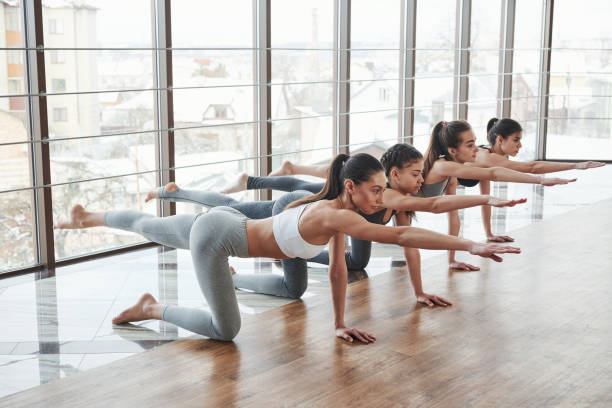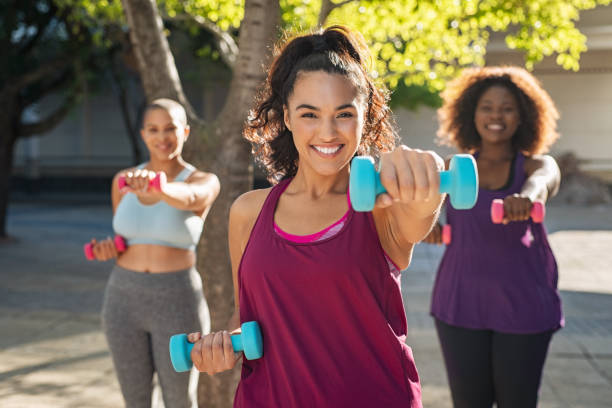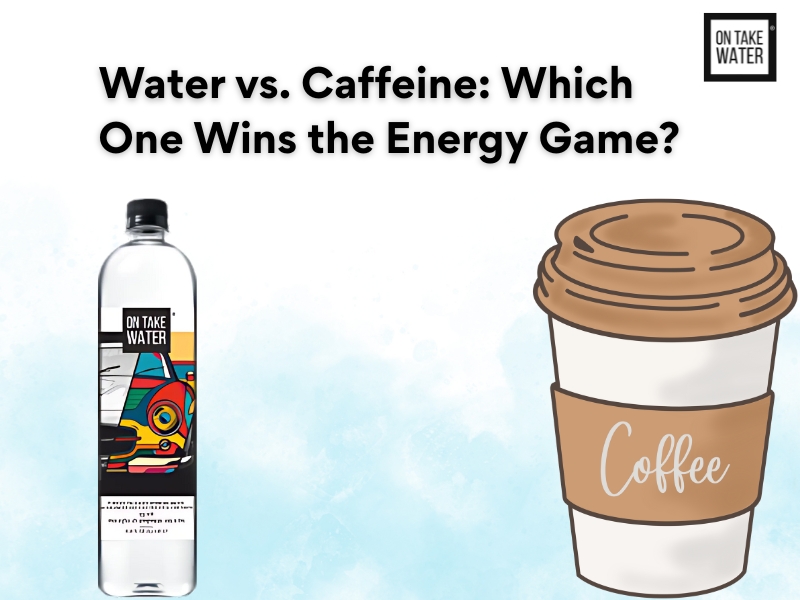When you feel sluggish and your eyelids start to droop, what’s your first move?
For most people, it’s grabbing a cup of coffee or an energy drink. But what if the real answer to your afternoon slump is much simpler — and already flowing from your kitchen tap? The debate between water vs. caffeine for boosting energy is more important than you might think.
In this article, we’ll break down how hydration and stimulation affect your body, the pros and cons of each, and why sometimes the key to lasting energy might just be to on take water before you reach for caffeine.
Understanding How Energy Works in the Body
Energy in your body isn’t just about being awake — it’s about how efficiently your cells, brain, and muscles function. Three main factors drive your daily energy levels:
- Hydration status – Water is essential for nearly every biochemical reaction in your body. Even mild dehydration can cause fatigue, headaches, and brain fog. That’s why it’s important to take water consistently during the day.
- Nutrient availability – Your body needs glucose, vitamins, and minerals for energy production.
- Stimulants like caffeine – These don’t create energy but temporarily enhance alertness by blocking adenosine (a neurotransmitter that signals tiredness).
So, when comparing water vs. caffeine, it’s less about which one works and more about what your body needs at the time — and in many cases, take water first.

The Power of Water for Energy
Let’s be clear: Water doesn’t have caffeine, sugar, or calories — yet it can be your most powerful energy booster.
1. Hydration and Brain Function
Your brain is about 75% water. Even a 1–2% drop in hydration can impair concentration, slow reaction times, and reduce short-term memory. When you take on take water regularly, you maintain optimal brain performance without crashes.
2. Water’s Role in Physical Energy
Muscles are about 79% water. Dehydration can cause early fatigue during exercise and make everyday movements feel harder. If you feel tired halfway through the day, your body might not be craving caffeine — it might just be begging you to take water, specially Ontake Water

3. Water and Mood
Dehydration can cause irritability, anxiety, and even feelings of depression. On days when you’re feeling mentally low, drinking water might stabilize your mood faster than coffee can. The best way to keep that mood steady is to take water before you get thirsty.

The Power of Caffeine for Energy
Caffeine is the world’s most widely consumed psychoactive substance. It’s found in coffee, tea, chocolate, and many sodas or energy drinks.
1. How Caffeine Works
Caffeine doesn’t actually give you energy — it blocks adenosine, the chemical that tells your brain you’re tired. This makes you feel alert, focused, and motivated.
2. The Benefits
- Increases alertness within 15–30 minutes
- Can improve endurance during workouts
- Boosts mood and motivation for short-term tasks
3. The Downsides
While caffeine can be a powerful tool, it has limitations:
- Temporary effect – When it wears off, you might feel more tired than before.
- Dependency – Regular use can lead to tolerance, meaning you need more to feel the same effect.
- Dehydration risk – Caffeine is a mild diuretic, which means it can increase fluid loss, making it even more important to on take water alongside it.

Water vs. Caffeine: The Energy Showdown
Here’s a side-by-side comparison:
| Feature | Water | Caffeine |
| Energy source | Supports natural body functions | Temporarily blocks tired signals |
| Crash risk | None | High (after the effect wears off) |
| Side effects | None (unless overhydrated) | Jitters, anxiety, insomnia |
| Long-term benefits | Improves digestion, skin, brain health | None for energy production |
| Best for | Daily baseline energy maintenance | Short-term performance boost |
Why You Shouldn’t Rely on Just Caffeine
Many people skip breakfast, drink coffee, and expect to feel amazing all morning. But without proper hydration, caffeine’s effects are muted. If your cells are dehydrated, even the strongest espresso won’t help much.
Pro tip: Always take water before your morning coffee. A large glass of water after waking up can jumpstart circulation, rehydrate your organs, and give you a natural alertness boost before caffeine kicks in.
The Best Energy Strategy: Combine Water & Caffeine Wisely
The real winner isn’t water or caffeine — it’s both, used smartly.
Morning Routine:
- Step 1: Drink 300–500 ml of water immediately after waking up.
- Step 2: Wait 20–30 minutes, then have your coffee or tea.
- This allows your body to rehydrate and maximizes caffeine’s alertness effect.

Afternoon Slump:
- Instead of reaching for a second (or third) coffee immediately, take water first. Sometimes fatigue is dehydration in disguise.

During Workouts:
- Hydrate before, during, and after exercise. If you use caffeine for performance, pair it with adequate water to avoid muscle fatigue. Remember: even in sports, Take on take water for energy defense.

Signs You Need Water Instead of Caffeine
If you notice these symptoms, your body might need hydration, not a latte:
- Persistent headaches
- Dizziness or lightheadedness
- Dry mouth or bad breath
- Fatigue without mental clarity boost from coffee
- Dark yellow urine
In all these cases, the fastest way to feel better is to take water consistently throughout the day.
How Much Water Do You Actually Need?
While the “8 glasses a day” rule is popular, your needs depend on weight, activity level, and climate. A good general rule:
- Men: 3–3.7 liters per day
- Women: 2–2.7 liters per day
If you drink coffee or other caffeinated beverages, you may need a little extra to counteract fluid loss — another reason to take water more often.
Final Verdict: Which One Wins?
If you’re looking for sustained, crash-free energy, water is the clear winner. Caffeine is best seen as a short-term performance enhancer, not a daily foundation for energy.
For lasting alertness, better mood, and improved health,Take OnTake water regularly and treat caffeine as an occasional bonus tool.


